Parliament gives voice to a very difficult referendum
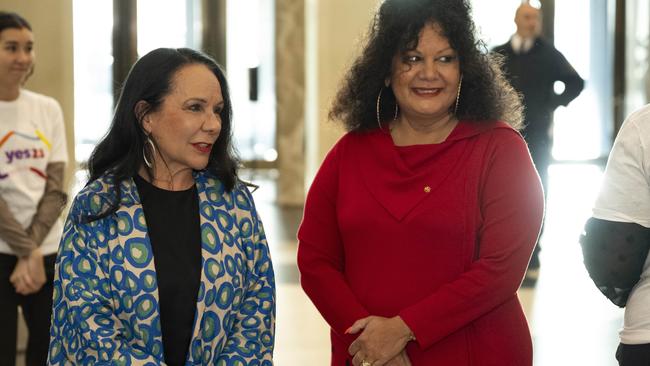
There are opponents from both extremes, some who think the planned voice goes too far and others who believe it does not go far enough. Most Liberal senators supported the bill on the basis they believed the issue should be put to voters. Some Liberal senators voted against the bill because they wanted to be active in drawing up the No case. The official Liberal Party position is to vote no. The bill passed through the lower house on May 31 with 121 votes in favour and 25 against.
According to published opinion polls, community opposition to the voice proposal is more stark. Support has tracked lower throughout political debate since Anthony Albanese raised it as one of the key issues in his election night acceptance speech last year, and in the most recent surveys support stands at less than 50 per cent. A lack of political unity on the voice no doubt has contributed to the lack of community support. If history is a guide, the prospect of the voice securing a majority of votes in a majority of states needed for a referendum to succeed is slim. If it fails the Prime Minister must accept much of the responsibility for the missed opportunity and the unnecessary community division it will have caused. If a referendum succeeds, the victory will be tempered by the unnecessarily partisan way in which the campaign has been waged.
Throughout the campaign we, as a newspaper, have been open in our support for constitutional recognition of Indigenous Australians and for them to be able to give advice to parliament on matters that affect them. Our view is informed by the many years we have spent reporting from the frontline in remote communities.
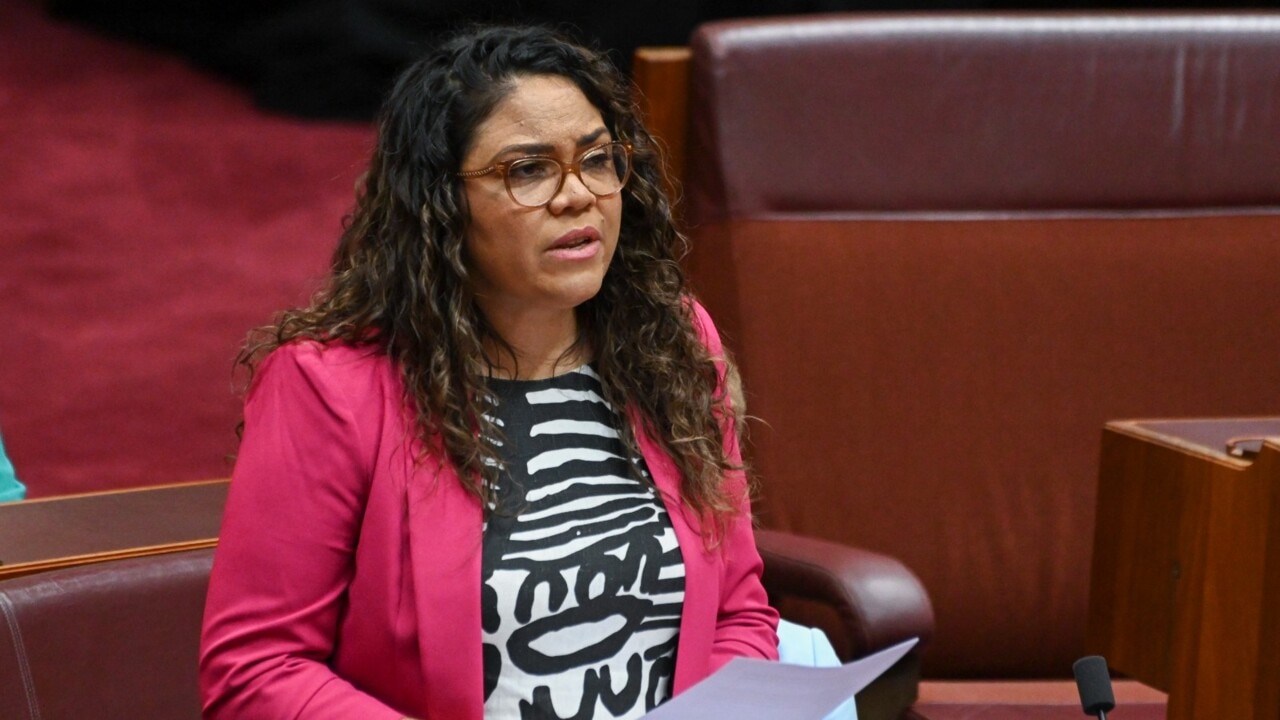
We share the frustrations expressed by Mr Albanese on Monday that we can’t continue to do the same things and expect a different outcome. We have been champions of the pioneering work of leading voice advocate Noel Pearson to tackle welfare dependence and encourage social responsibility in education and child protection in communities on Cape York. We support a ground-up approach that can deliver improved conditions in remote communities where the need is greatest and efforts to date have failed. We recognise that achieving success in a referendum is difficult, and unlikely in the absence of bipartisan support. We remain determined to use our pages to explore all sides of the issue so our readers can be properly informed to make up their own minds when it comes time to vote.
Debate so far has been spirited but, for the most part, conducted in a civilised manner. There has been no groundswell of opposition to reconciliation or refusal to accept that Indigenous Australians inhabited the nation before European settlement. The contest has been centred on important issues such as equality of citizenship and concerns about the potential for mission creep and the limits to external involvement in the exercise of executive powers. These are legitimate concerns that inevitably flow from the wording of the referendum question to be put. By and large, debate over the voice has shown the extent to which people of goodwill can disagree.
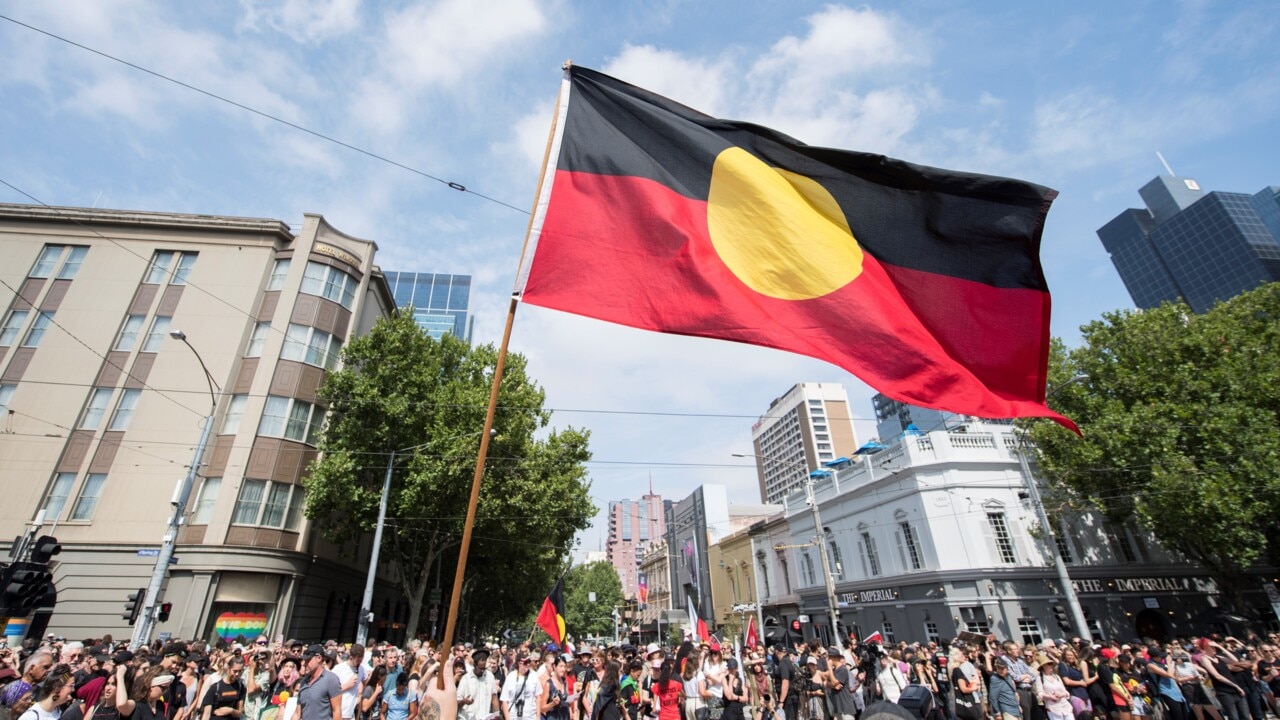
There is no doubt that the decision by Mr Albanese to ignore convention when considering a referendum on constitutional change has made the task more difficult. The extent to which he has elected to crash or crash through is embodied in his refusal to convene a constitutional convention or authorise a full-scale parliamentary assessment at the outset. No genuine attempt has been made to achieve bipartisanship; the government declined to legislate the voice first to test its viability; and it decided the details of the voice would be released after the referendum, not before. Mr Albanese proposed a maximalist position on the question that included advice to executive government and he refused to amend the question to win the support of detractors. The Prime Minister undoubtedly has been guided by a genuine belief in the merits of the voice proposal and a commitment to furthering reconciliation.
But, speaking against the bill on Monday, opposition legal affairs spokeswoman Michaelia Cash said it would irrevocably change the country’s Constitution “in a way that will destroy one of our most fundamental values – equality of citizenship”. Opposition Indigenous Australians spokeswoman Jacinta Nampijinpa Price said if the referendum on the Indigenous voice to parliament and executive government was successful, Australia would be divided forever.
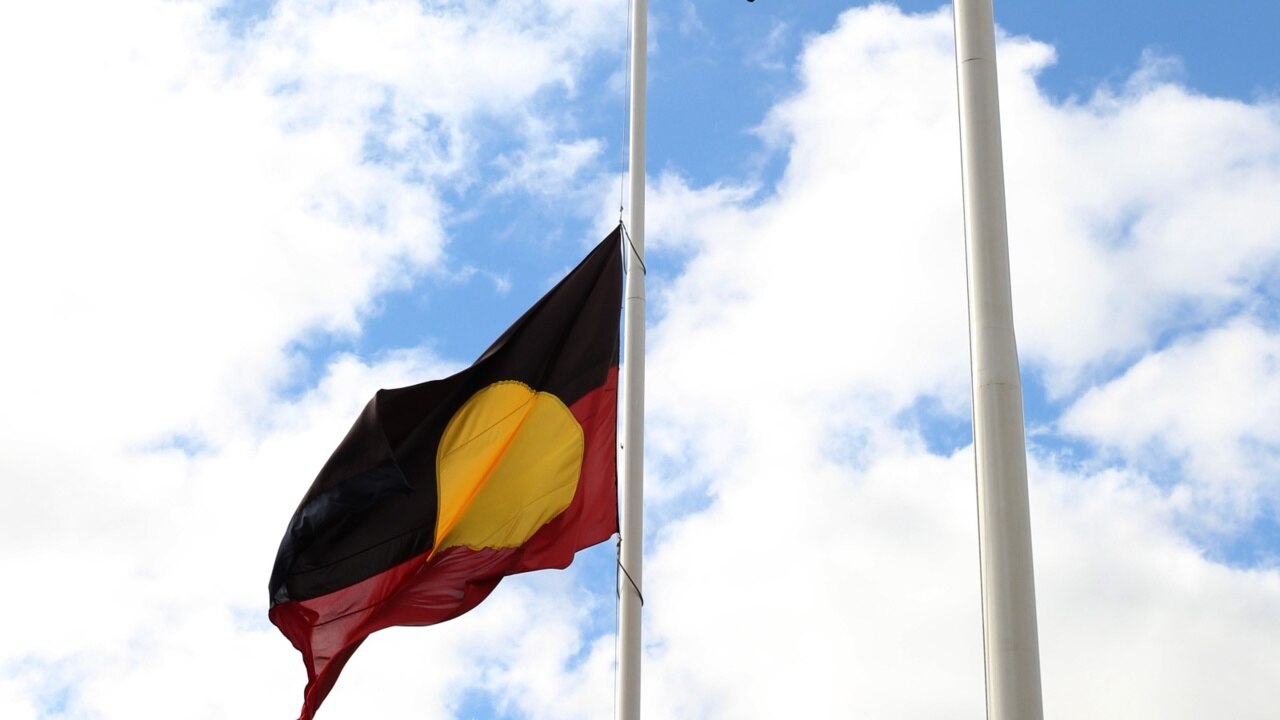
At every turn Mr Albanese has sought to delegitimise concerns that constitutional change inherently contains a risk of judicial intervention in a way that may not have been foreseen at the outset. This has given a powerful tool for those opposing change to mount a campaign of doubt in the minds of voters. That campaign is likely only to intensify in the months ahead as the referendum draws near. The extent of political division was on display in question time where the opposition continued to press the government on whether there were limits to the issues on which the voice could involve itself. Leading figures in the Yes campaign have recognised the difficult position they are now in and pledged to reappraise the way in which their campaign will be waged, focusing on the practical improvements the changes will bring to the disadvantaged. A lot has been said about the high engagement and deep pockets that corporate Australia will bring to the task. But corporations are unlikely to want to put themselves too far out of step with mainstream community sentiment. This is where the battle for the voice must be waged. Above all, building goodwill involves being open about what is in store.

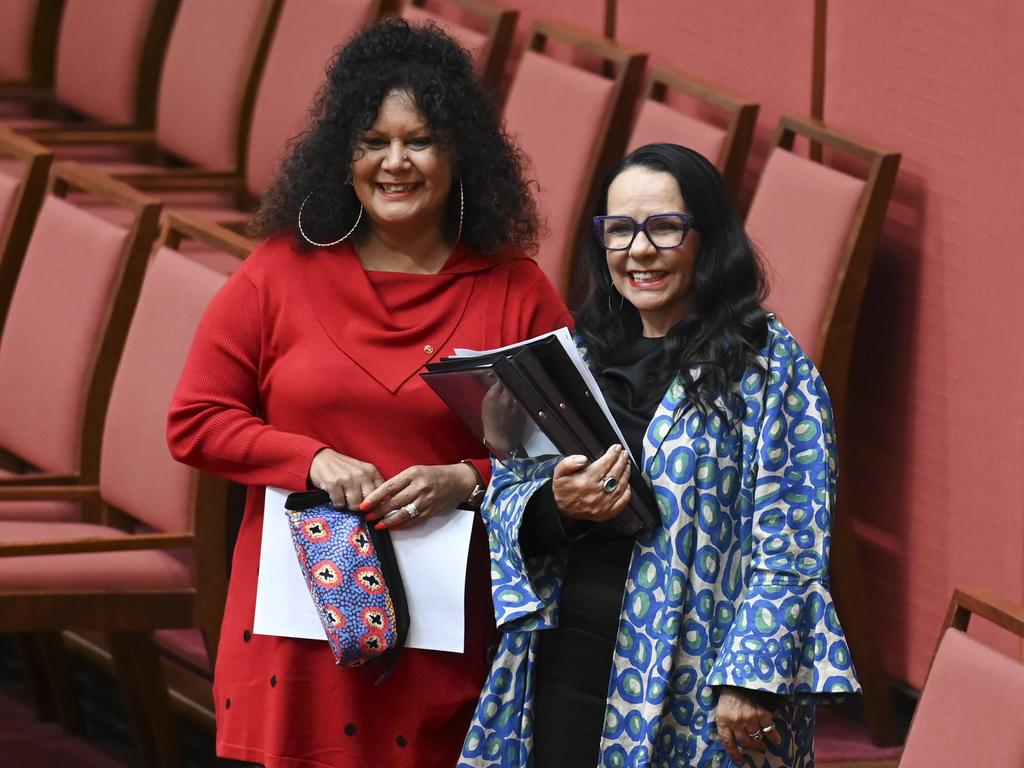
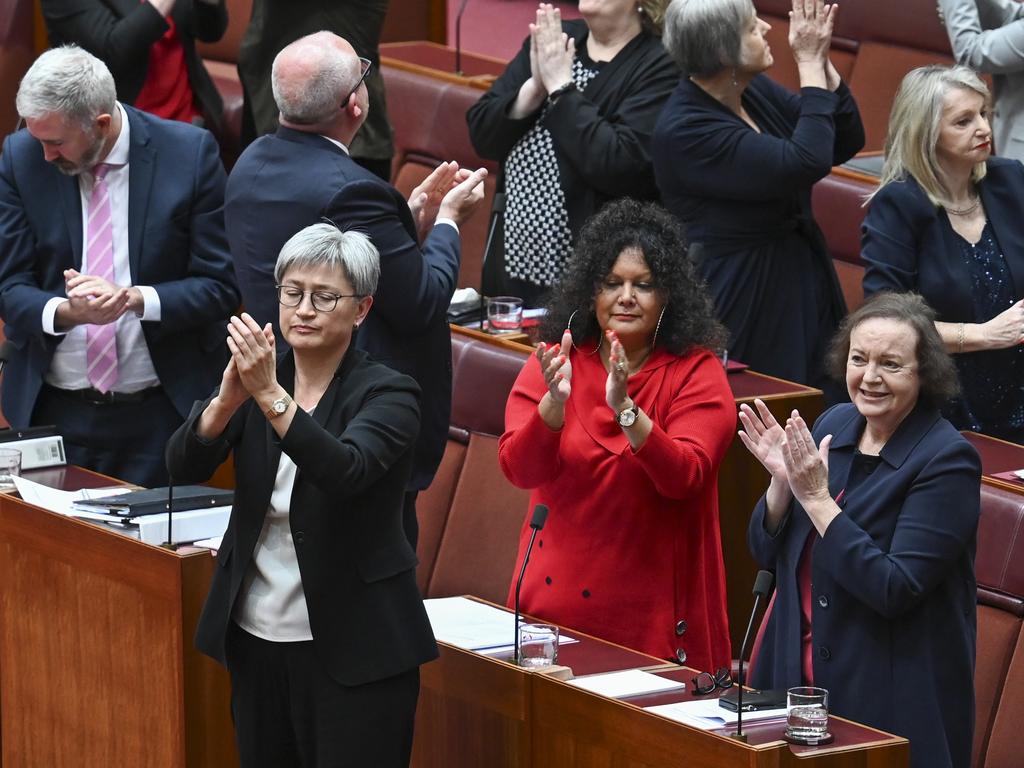
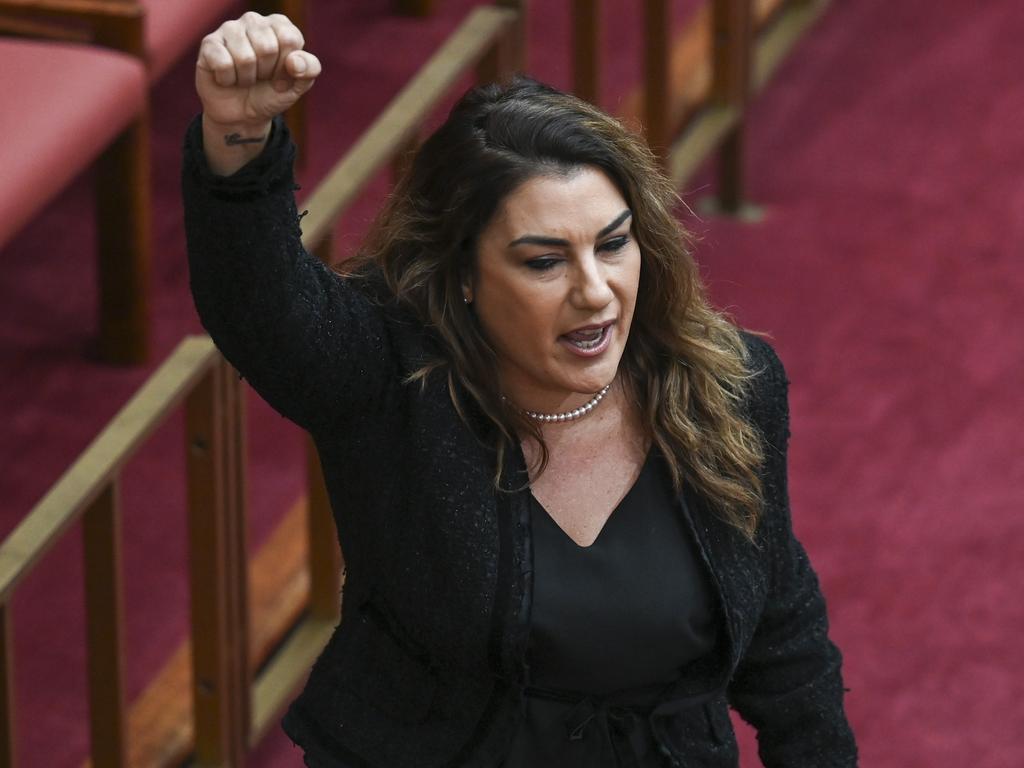

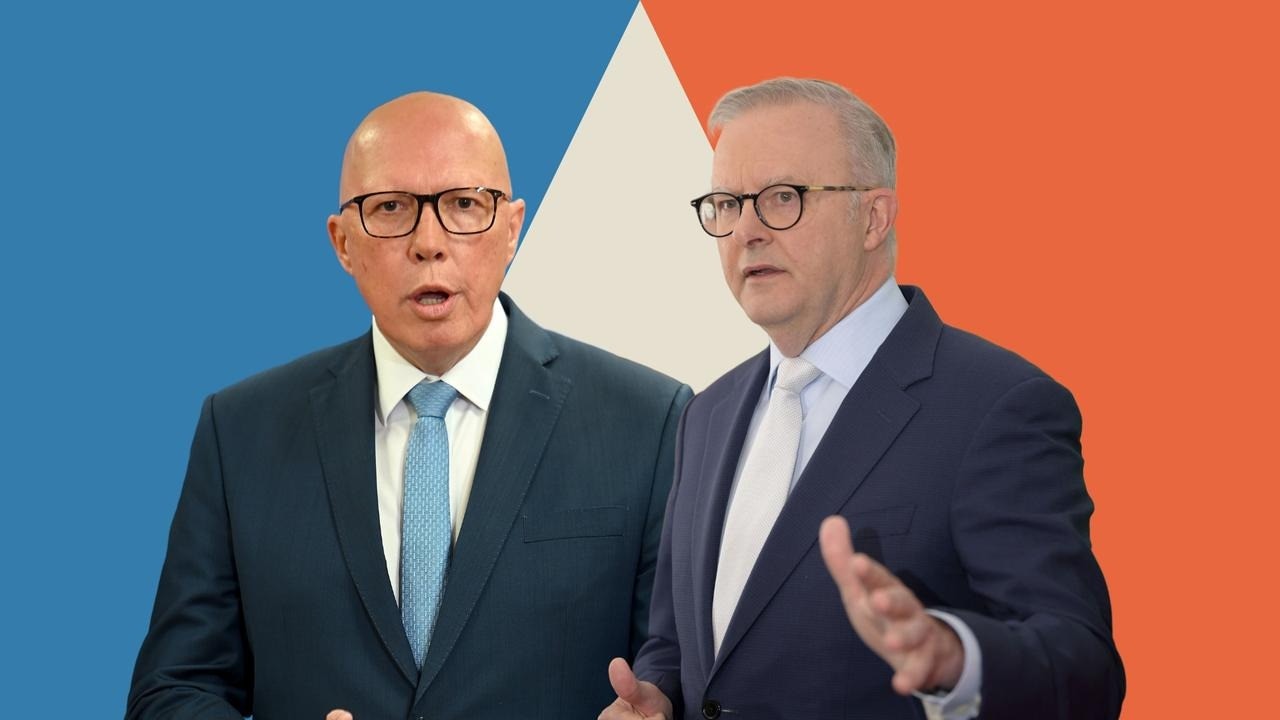

Federal parliament has cleared the way for a referendum to be held on constitutional recognition of Indigenous Australians that includes a voice to parliament. The final Senate vote of 52 votes in favour and 19 against understates the extent to which the proposal does not enjoy bipartisan support.